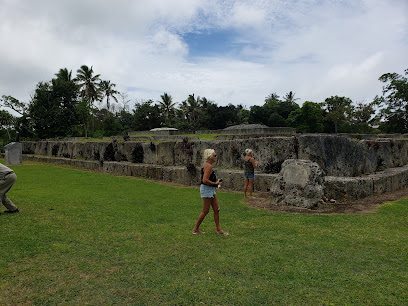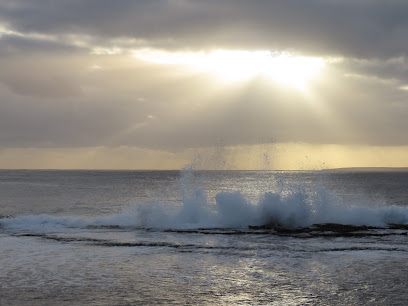
Tofua Island: The Untamed Gem of Tonga
Tofua Island, an uninhabited volcanic island in the Ha'apai group of Tonga, is a destination for those seeking raw and untouched natural beauty. The island is famous for its active volcano, Mount Tofua, which last erupted in 2000. This rugged island offers an adventurous experience for travelers who want to explore its dense rainforests, stunning caldera, and pristine coastline. The island's caldera is a sight to behold. It is filled with a deep blue crater lake, surrounded by steep cliffs, creating a dramatic and breathtaking landscape. Hiking to the top of the caldera is a challenging but rewarding experience, with panoramic views of the surrounding ocean and islands. The lush vegetation and diverse wildlife add to the island's allure, making it a paradise for nature lovers and photographers. Tofua Island also holds historical significance. It was here that the famous mutiny on the HMS Bounty took place in 1789. Visitors can explore the sites where history unfolded, adding a layer of intrigue to their adventure. The island's remote location means it is less frequented by tourists, offering a sense of solitude and tranquility that is hard to find elsewhere.
Local tips in Tofua Island
- Ensure you have a local guide to navigate the island's challenging terrain and to provide safety information.
- Bring sufficient supplies including food, water, and camping gear, as there are no facilities on the island.
- Best visited during the dry season (May to October) to avoid heavy rains and slippery trails.
- Wear sturdy hiking boots and long sleeves to protect against the dense vegetation and volcanic rocks.
Tofua Island: The Untamed Gem of Tonga
Tofua Island, an uninhabited volcanic island in the Ha'apai group of Tonga, is a destination for those seeking raw and untouched natural beauty. The island is famous for its active volcano, Mount Tofua, which last erupted in 2000. This rugged island offers an adventurous experience for travelers who want to explore its dense rainforests, stunning caldera, and pristine coastline. The island's caldera is a sight to behold. It is filled with a deep blue crater lake, surrounded by steep cliffs, creating a dramatic and breathtaking landscape. Hiking to the top of the caldera is a challenging but rewarding experience, with panoramic views of the surrounding ocean and islands. The lush vegetation and diverse wildlife add to the island's allure, making it a paradise for nature lovers and photographers. Tofua Island also holds historical significance. It was here that the famous mutiny on the HMS Bounty took place in 1789. Visitors can explore the sites where history unfolded, adding a layer of intrigue to their adventure. The island's remote location means it is less frequented by tourists, offering a sense of solitude and tranquility that is hard to find elsewhere.
When is the best time to go to Tofua Island?
Iconic landmarks you can’t miss
Mapu'a Vaea Blowholes
Experience the awe-inspiring Mapu'a Vaea Blowholes, a stunning natural spectacle where seawater erupts high into the air against a backdrop of breathtaking landscapes.
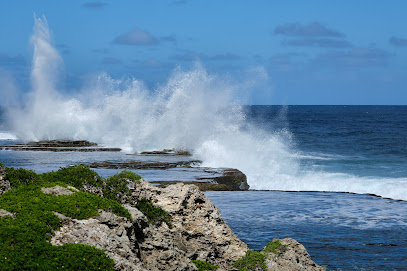
Tongatapu
Experience the beauty and culture of Tongatapu, Tonga's largest island, where pristine beaches and rich traditions await.
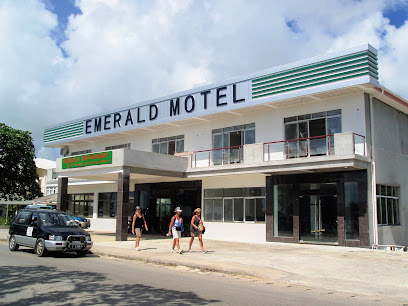
Royal Palace of Tonga
Discover the Royal Palace of Tonga, where history, culture, and the monarchy intertwine in the heart of Nuku'alofa.
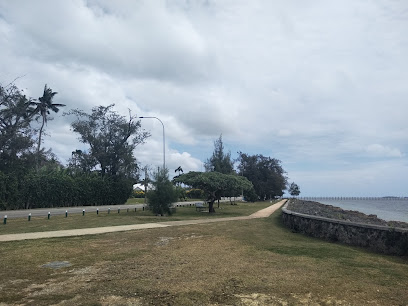
Anahulu Cave
Discover the enchanting Anahulu Cave in Haveluliku, Tonga, where adventure meets natural beauty in a stunning underground paradise.
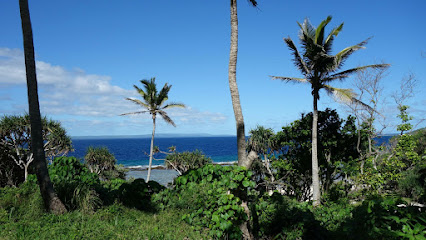
Royal Tombs
Discover the Royal Tombs of Nuku'alofa, a historical landmark showcasing Tonga's rich royal heritage amidst stunning landscapes.
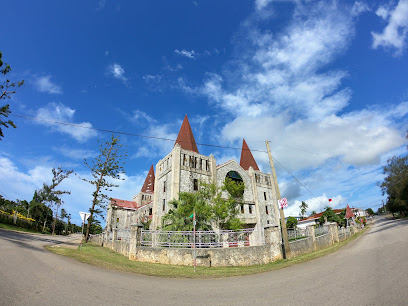
Tsunami Rock
Discover the beauty and history of Tsunami Rock, a stunning natural landmark in Tonga that captivates visitors with its breathtaking views and rich local lore.
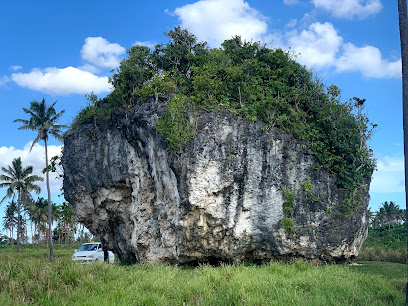
Ancient Tonga
Explore the rich culture and history of Tonga at Ancient Tonga, a captivating attraction in Nuku'alofa showcasing traditional weaving and artifacts.
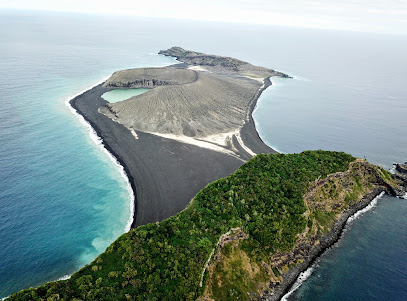
Ha'amonga 'a Maui Trilithon
Discover the ancient mysteries of Tonga at Ha'amonga 'a Maui Trilithon, a striking historical landmark steeped in culture and legend.
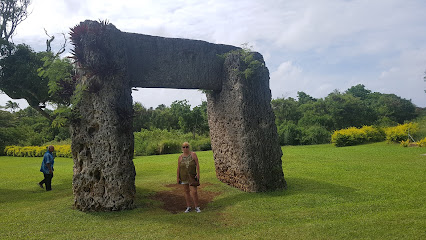
3 Headed Coconut
Discover the enchanting 3 Headed Coconut in Matahau, Tonga, a unique natural wonder that showcases the beauty of nature and offers a perfect backdrop for your travels.
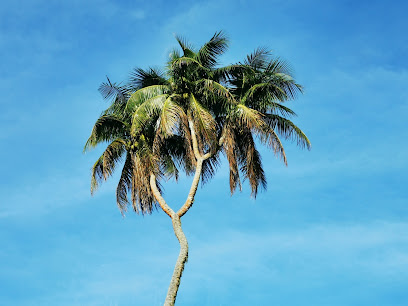
Vakaloa Beach Resort
Experience the beauty of Tonga at Vakaloa Beach Resort, where stunning beaches and warm hospitality await for an unforgettable getaway.
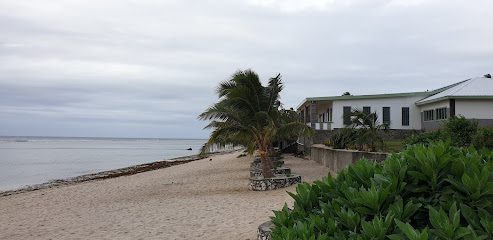
House of Tonga
Experience the perfect blend of comfort and culture at House of Tonga, your gateway to exploring the beauty of Nuku'alofa.

Ha'atafu Beach
Experience the serene beauty of Ha'atafu Beach, a tropical paradise on Tongatapu known for its stunning sands and vibrant marine life.
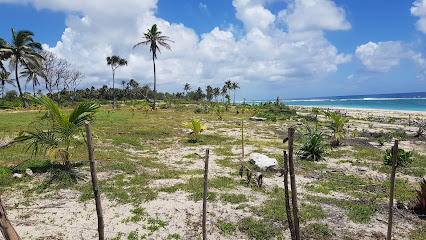
Captain Cook Landing Site
Discover the historic Captain Cook Landing Site in Alaki, Tonga - a key location in Tongan history and a serene spot for reflection and exploration.
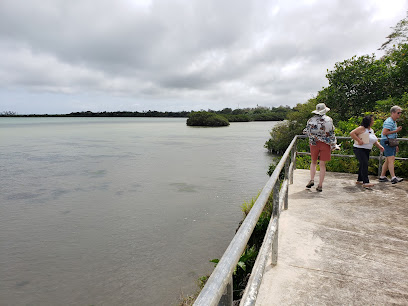
Villa Ishadora
Experience the serene beauty of Tonga at Villa Ishadora, a tranquil lodging in Nuku'alofa perfect for relaxation and adventure.
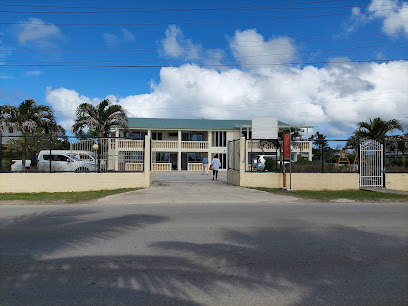
Paepae o Tele'a
Explore Paepae o Tele'a, an ancient historical landmark in Mu'a, Tonga, and immerse yourself in the island's rich cultural heritage and stunning architecture.
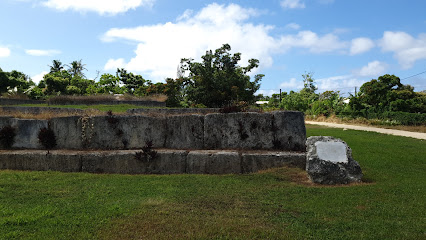
Unmissable attractions to see
Essential places to dine
Coffee Post
Discover Coffee Post in Maufanga, Nuku'alofa - A cozy café offering exquisite Tongan coffee experiences amidst local culture.
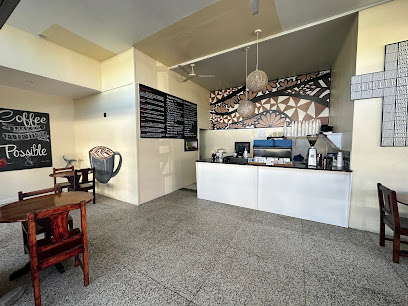
Little Italy Hotel
Discover comfort at Little Italy Hotel in Nuku'alofa – where cozy accommodations meet authentic Italian cuisine.

Friends Cafe
Discover authentic Tongan flavors at Friends Cafe in Nuku'alofa - where every bite tells a story!
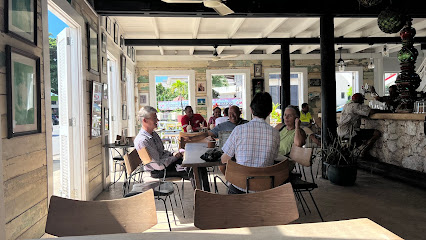
Cafe Escape
Discover the flavors of Tonga at Cafe Escape, where local cuisine meets international flair in a welcoming setting.
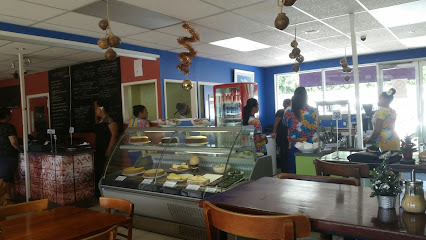
Billfish Bar and Restaurant
Experience delightful dining at Billfish Bar and Restaurant in Nuku'alofa—where local flavors meet vibrant ambiance.
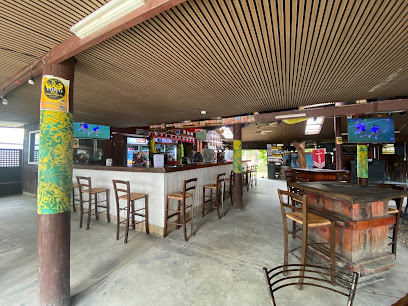
Chef Zero Restaurant
Experience authentic Tongan cuisine at Chef Zero Restaurant in Nuku'alofa – where local flavors meet warm hospitality.
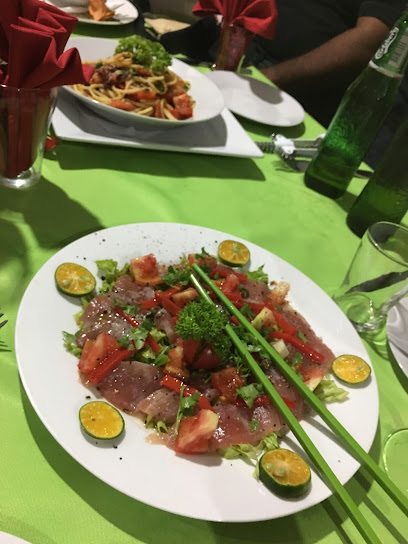
The TOP Restaurant and Lounge
Discover exquisite dining at The TOP Restaurant and Lounge in Nuku'alofa – where local flavors meet breathtaking views.
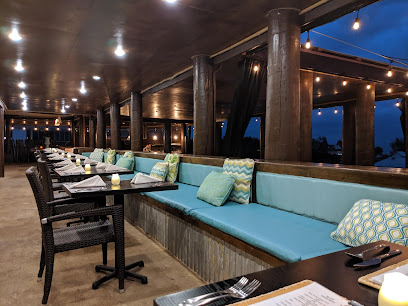
Mum's Cafe Nukualofa
Discover authentic Tongan cuisine at Mum's Cafe in Nuku'alofa - where every dish tells a story.
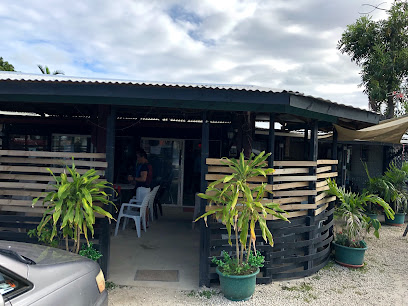
Tupu'anga Coffee Factory and Cafe
Discover the rich flavors of Tonga at Tupu'anga Coffee Factory and Cafe in Nuku'alofa—where local beans meet warm hospitality.
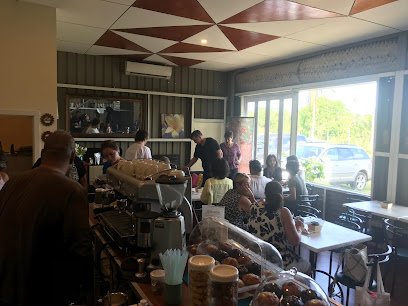
Young’s Kitchen
Experience authentic Tongan cuisine at Young's Kitchen, a hidden gem in Nuku'alofa offering delightful local flavors.
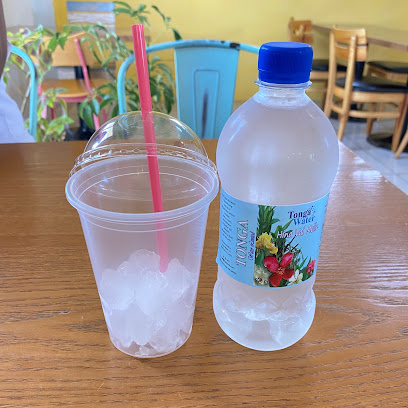
The Waterfront Cafe
Experience authentic Tongan cuisine at The Waterfront Cafe, where stunning ocean views meet delightful local flavors in Nuku'alofa.
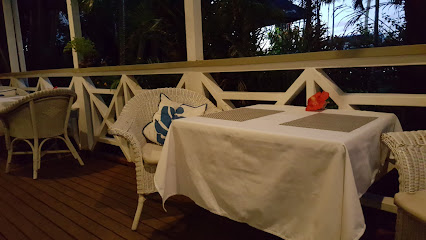
Frangipani - Korean Restaurant/Karaoke
Discover the flavors of Korea at Frangipani, where delicious cuisine meets lively karaoke entertainment in Nuku'alofa.
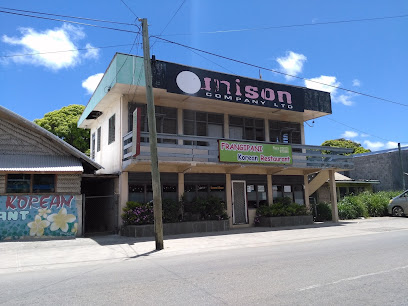
Sabrina's Chicken Vilovilo
Discover authentic Tongan barbecue at Sabrina's Chicken Vilovilo in Nuku'alofa – where flavor meets tradition.
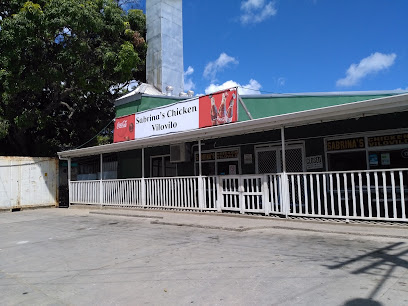
Tropical Taste
Experience authentic Tongan cuisine at Tropical Taste - a culinary gem in Nuku'alofa serving fresh seafood and traditional dishes.
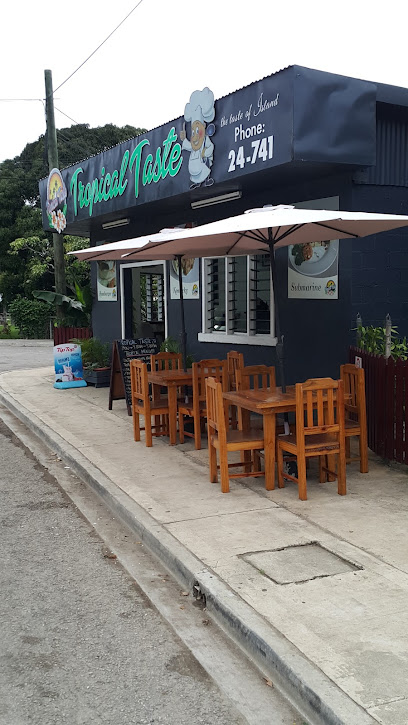
Moli Green Cafe
Experience the warmth and flavors of Moli Green Cafe in Nuku'alofa—your go-to spot for exceptional coffee and cozy ambiance.
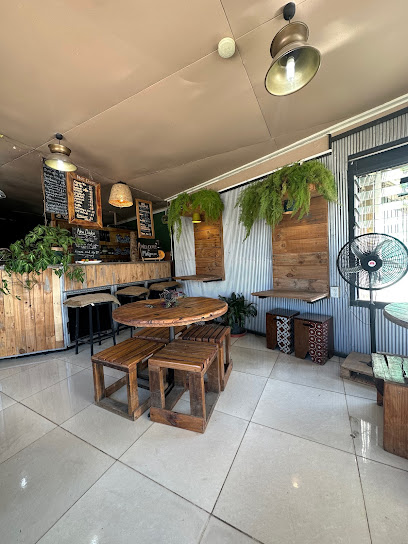
Markets, malls and hidden boutiques
Tanoa International Dateline Hotel
Experience the charm of Tonga at Tanoa International Dateline Hotel, your perfect retreat in Nuku'alofa, blending comfort with cultural richness.

Talamahu Market
Explore Talamahu Market: A vibrant fresh food market in Nuku'alofa showcasing local produce, crafts, and authentic Tongan culture.
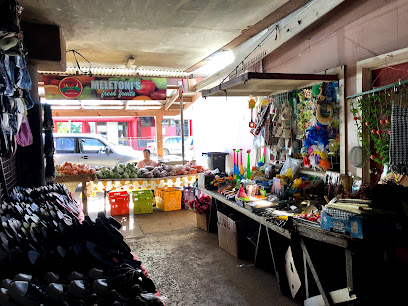
Vuna Wharf
Experience the serene beauty of Vuna Wharf, a charming marina in Nuku'alofa, offering stunning views and a taste of Tongan culture.
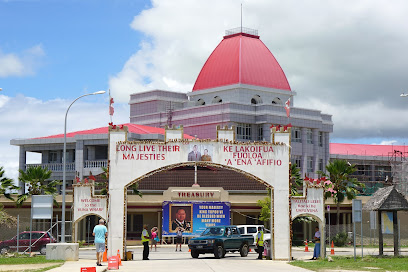
Costlow Supermarket
Explore a treasure trove of local flavors and essentials at Costlow Supermarket in Pea, Tonga, where every visit unveils something new.
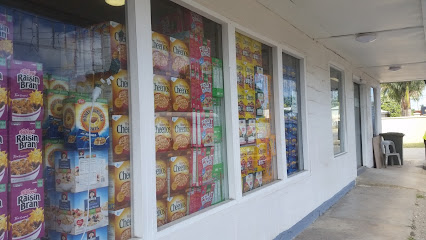
Backpackers Townhouse
Experience the warmth of Tongan hospitality at Backpackers Townhouse, your cozy bed & breakfast in the heart of Nuku'alofa.

EZ TONGA ONLINE SHOPPING
Discover the best of Tongan culture and flavors at EZ Tonga Online Shopping, your premier destination for local goods in Nuku'alofa.

Si'i Kae Ola Supermarket
Discover the heart of local life at Si'i Kae Ola Supermarket in Nuku'alofa, showcasing fresh produce, unique Tongan products, and a vibrant community atmosphere.
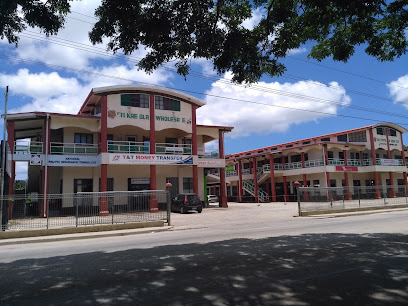
Langafonua Handicraft Centre and Gallery
Explore the vibrant artistry of Tonga at the Langafonua Handicraft Centre and Gallery, where culture and craftsmanship unite.
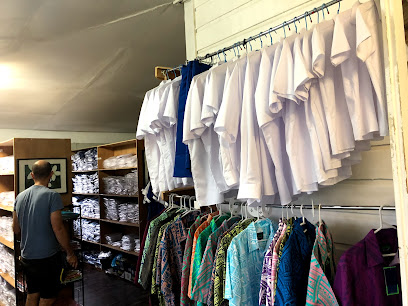
Friendly Island Bookshop
Explore Tonga's culture and history at Friendly Island Bookshop, your gateway to a treasure trove of local literature in Nuku'alofa.
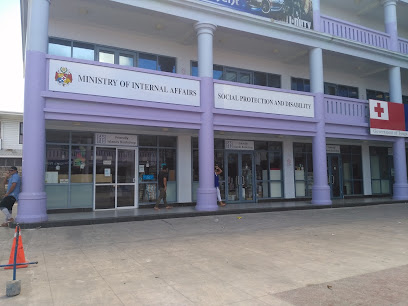
Leiola
Discover a vibrant beer selection at Leiola in Nuku'alofa, where locals and travelers unite over a shared love for quality brews.
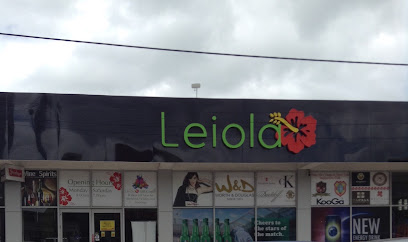
Fakafeta'i Store
Explore local culture and high-quality goods at Fakafeta'i Store, a beloved general store in Nuku'alofa, Tonga.
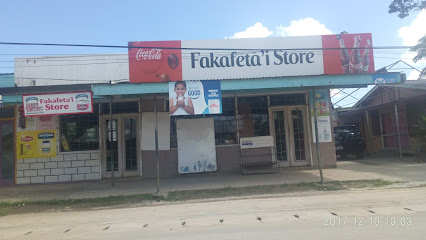
Discover Tonga
Explore Tonga's breathtaking landscapes, vibrant culture, and unforgettable adventures, from whale watching to cultural experiences.

Le-Ata Tonga
Discover unique Tongan fashion and accessories at Le-Ata Tonga Boutique in Nuku'alofa, where culture and craftsmanship meet.
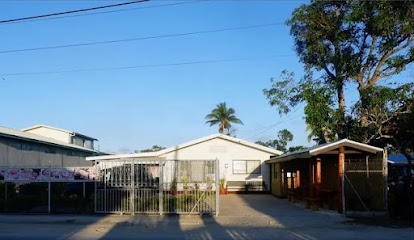
Fiefia Travel
Explore Fiefia Travel in Tofoa for all your hardware needs and experience the warmth of Tongan hospitality.

Lion Liquor
Explore the rich beverage culture of Tonga at Lion Liquor, your go-to destination for local and international drinks in Nuku'alofa.
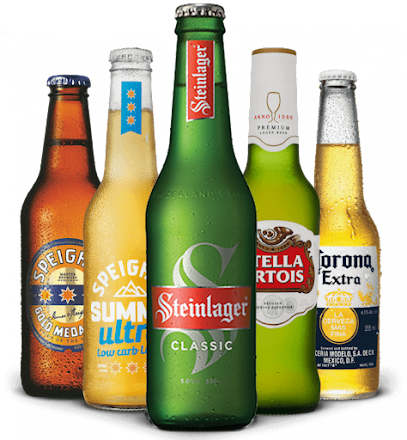
Essential bars & hidden hideouts
Tanoa International Dateline Hotel
Experience the charm of Tonga at Tanoa International Dateline Hotel, where comfort meets the beauty of the South Pacific.

Little Italy Hotel
Discover the perfect blend of Italian cuisine and Tongan hospitality at Little Italy Hotel in Nuku'alofa, Tonga.

Cafe Escape
Discover the flavors of Tonga at Café Escape, where authentic cuisine meets a cozy atmosphere in Nuku'alofa.
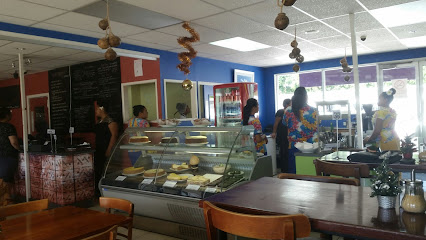
Friends Cafe
Experience the warmth of Tongan hospitality and savor local flavors at Friends Cafe in Nuku'alofa.
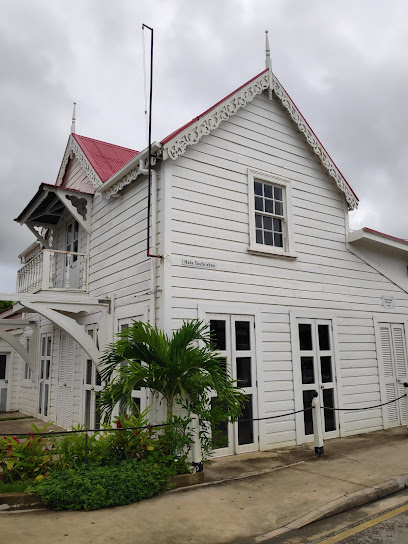
Emerald Hotel
Explore Nuku'alofa from Emerald Hotel, your welcoming haven in Tonga with cozy accommodations and easy access to local attractions.
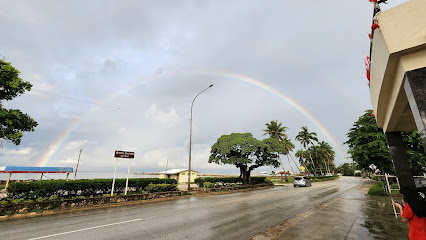
Billfish Bar and Restaurant
Experience the vibrant atmosphere and exquisite flavors of Tonga at Billfish Bar and Restaurant in Nuku'alofa.
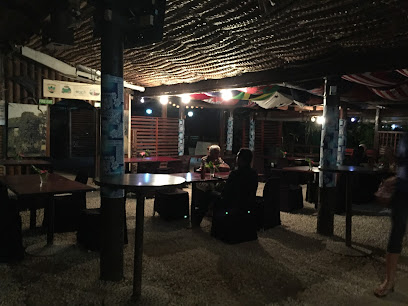
Royal Tombs
Explore the Royal Tombs of Tonga, a historical landmark that reveals the rich cultural heritage and royal traditions of this beautiful island nation.
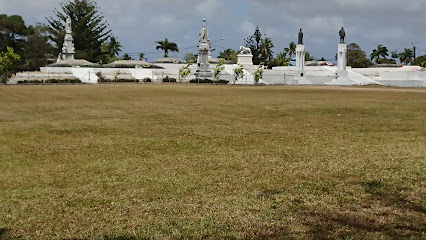
Seaview Lodge
Discover the tranquil beauty of Seaview Lodge in Tonga, where comfort meets breathtaking views and adventure awaits.

Chef Zero Restaurant
Discover the exquisite taste of Tonga at Chef Zero Restaurant in Nuku'alofa, where local ingredients create unforgettable dishes in a vibrant setting.
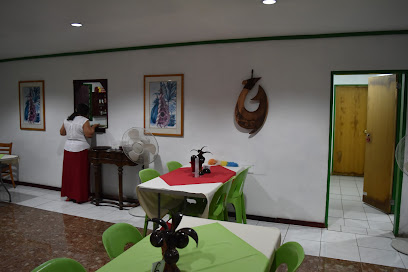
Ancient Tonga
Explore the rich cultural heritage and stunning landscapes of Ancient Tonga, a must-visit destination for tourists seeking adventure and history.
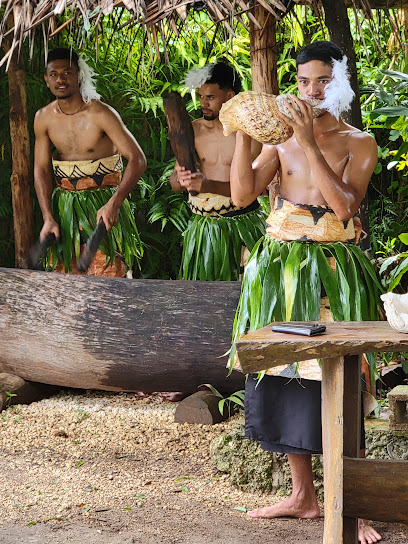
The TOP Restaurant and Lounge
Discover the best of Tongan and international cuisine at The TOP Restaurant and Lounge in Nuku'alofa, where every meal is a delightful experience.
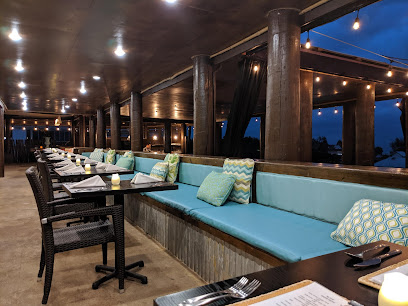
'Oholei Beach Resort
Discover tropical bliss at 'Oholei Beach Resort, where stunning views, luxurious accommodations, and rich Tongan culture await your arrival.
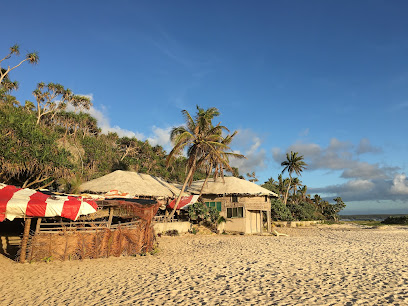
Mum's Cafe Nukualofa
Experience authentic Tongan cuisine at Mum's Cafe in Nuku'alofa, where local flavors and warm hospitality come together.
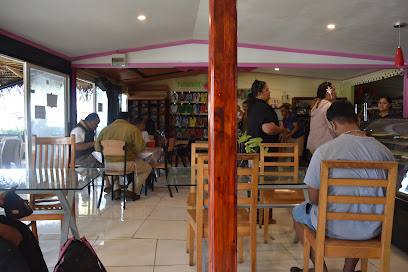
Vuna Wharf
Experience the tranquil beauty and cultural richness of Tonga at Vuna Wharf, a stunning marina in Nuku'alofa offering adventure and relaxation.
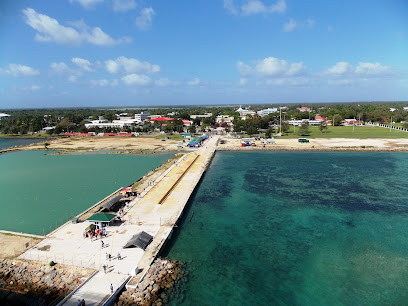
Local Phrases about Tofua Island
-
- HelloMālō e lelei
[Maah-loh eh leh-leh] - GoodbyeNofo ā
[Noh-foh ah] - Yes‘Io
[Ee-oh] - No‘Ikai
[Ee-kai] - Please/You're welcomeFakafetai
[Fah-kah-feh-tai] - Thank youMālō
[Maah-loh] - Excuse me/SorryFakamolemole
[Fah-kah-moh-leh-moh-leh] - How are you?Ko e ha ho?
[Koh eh hah hoh] - Fine. And you?‘Io. Pea koe?
[Ee-oh. Peh-ah koh-eh] - Do you speak English?Ko e tali lelei?
[Koh eh tah-lee leh-lei] - I don't understand‘Ikai haʻu
[Ee-kai hah-oo]
- HelloMālō e lelei
-
- I'd like to see the menu, pleaseKapau fakamalie kiate au e fakamatala, fakamolemole
[Kah-pow fah-kah-mah-lee key-ah-teh ow eh fah-kah-mah-tah-lah, fah-kah-moh-leh-moh-leh] - I don't eat meat‘Ikai ‘ai kapa
[Ee-kai ai kah-pah] - Cheers!Mālō ‘etau ma‘u‘ē
[Maah-loh eh-tow mah-oo-eh] - I would like to pay, pleaseKapau ‘ofa atu kiate au e totongi, fakamolemole
[Kah-pow oh-fah ah-too key-ah-teh ow eh toh-tohng-ee, fah-kah-moh-leh-moh-leh]
- I'd like to see the menu, pleaseKapau fakamalie kiate au e fakamatala, fakamolemole
-
- Help!Tōlonga!
[Toh-lohn-gah] - Go away!Foki atu!
[Foh-kee ah-too] - Call the Police!Fakamalie ki he Pulisí!
[Fah-kah-mah-lee kee heh Poo-lee-see] - Call a doctor!Fakamalie ki he ongo fakafofonga!
[Fah-kah-mah-lee kee heh ohng-oh fah-kah-foh-fong-ah] - I'm lostNa‘a nau talanoa
[Nah-ah now tah-lah-noh-ah] - I'm illNa‘a nau mālama‘u
[Nah-ah now mah-lah-mah-oo]
- Help!Tōlonga!
-
- I'd like to buy...Kapau fakamalie kiate au e fakatau...
[Kah-pow fah-kah-mah-lee key-ah-teh ow eh fah-kah-tow] - I'm just looking‘Oku ou tanumia
[Oh-koo oh-too tah-noo-mee-ah] - How much is it?Ko e uku pe?
[Koh eh oo-koo peh] - That's too expensiveTō pe ‘oku fakamahino
[Toh peh oh-koo fah-kah-mah-hee-noh] - Can you lower the price?‘Iko e ‘uhinga totongi?
[Ee-koh eh oo-hee-ngah toh-tohng-ee]
- I'd like to buy...Kapau fakamalie kiate au e fakatau...
-
- What time is it?Ko e ha‘u fē?
[Koh eh hah-oo feh] - It's one o'clockKo e taha
[Koh eh tah-hah] - Half past (10)Hafa ‘ata
[Hah-fah ah-tah] - MorningTonga
[Tong-gah] - Afternoon‘Ahiahi
[Ah-hee-ah-hee] - EveningPō
[Poh] - Yesterday‘Ua
[Oo-ah] - TodayNā
[Nah] - Tomorrow‘Apongipongi
[Ah-pohng-ee-pohng-ee] - 1Taha
[Tah-hah] - 2Ua
[Oo-ah] - 3Tolu
[Toh-loo] - 4Fā
[Fah] - 5Nima
[Nee-mah] - 6Ono
[Oh-noh] - 7Fitu
[Fee-too] - 8Valu
[Vah-loo] - 9Hiva
[Hee-vah] - 10Hongofulu
[Hoh-ngoh-foo-loo]
- What time is it?Ko e ha‘u fē?
-
- Where's a/the...?Ko fe...?
[Koh feh] - What's the address?Ko e taki hingoa kē?
[Koh eh tah-kee hee-ngoh-ah keh] - Can you show me (on the map)?‘Iko e fakahā ki ho (‘i he mapu)?
[Ee-koh eh fah-kah-hah kee hoh ee heh mah-poo] - When's the next (bus)?Ko e ‘aho ‘oku hoko atu ai (fakavahi)?
[Koh eh ah-hoh oh-koo hoh-koh ah-too ah-ee fah-kah-vah-hee] - A ticket (to ....)Tikite (ki ...)
[Tee-kee-teh kee]
- Where's a/the...?Ko fe...?
History of Tofua Island
-
Tofua Island is a volcanic island located in the Ha'apai island group of Tonga. The island is known for its active volcano, which is part of the Pacific Ring of Fire. The volcano's caldera contains a crater lake, making the island geologically fascinating. Tofua's volcanic activity has shaped its landscape and contributed to its rich soil, which supports a variety of flora and fauna.
-
Archaeological evidence suggests that Tofua Island was settled by Polynesians over a thousand years ago. These early inhabitants were skilled navigators and fishermen, and they established small, self-sustaining communities. The island's fertile soil and abundant marine life provided ample resources for these early settlers.
-
One of the most famous historical events associated with Tofua Island is the Mutiny on the Bounty. In 1789, after mutinying against Captain William Bligh, the mutineers set Bligh and his loyalists adrift in a small boat. Bligh and his men made a perilous journey and landed briefly on Tofua Island. They were forced to flee, however, after a violent encounter with the local inhabitants, which resulted in the death of one of Bligh's men.
-
During the 19th century, Tofua Island became a stopping point for whaling ships. The island's location made it a convenient place for whalers to restock supplies and make repairs. This period brought increased contact with Europeans, which had lasting impacts on the island's culture and economy.
-
Tofua Island, like much of the Pacific, experienced strategic interest during World War II. Although it did not see direct combat, the island was part of the broader theater of operations in the Pacific. The presence of Allied forces in the region brought additional infrastructure and contact with the outside world.
-
Today, Tofua Island is known for its natural beauty and cultural heritage. The island's volcano, lush landscapes, and historical significance attract tourists and researchers alike. Efforts are ongoing to preserve its environment and promote sustainable tourism, ensuring that Tofua remains a pristine and culturally rich destination for future generations.
Tofua Island Essentials
-
Tofua Island is located in the Ha'apai group of islands in Tonga. The nearest airport is in Tongatapu, the main island of Tonga. From Tongatapu, you can take a domestic flight to Ha'apai, which typically takes about 45 minutes. Once in Ha'apai, you can arrange for a boat to Tofua Island. It's advisable to book your flights and boat transfers in advance, as services may be infrequent.
-
Transportation on Tofua Island is quite limited due to its remote and rugged nature. There are no formal public transport services. The most common way to get around is by walking, as the island is relatively small. For exploring the island, hiring a local guide is highly recommended to navigate the terrain and provide insights into the island's history and natural features.
-
The official currency of Tonga is the Tongan Paʻanga (TOP). It is important to carry cash, as there are no ATMs or credit card facilities on Tofua Island. Ensure you withdraw enough cash in Tongatapu or Ha'apai before traveling to Tofua. Small denominations are preferable for easier transactions.
-
Tofua Island is generally safe, but it is important to take standard precautions. The island is sparsely populated with no permanent settlements, which reduces crime risks. However, always be cautious of your surroundings, especially when hiking or exploring remote areas. It's also advisable to inform someone of your travel plans and expected return time.
-
In case of emergency on Tofua Island, contact the local authorities in Ha'apai for assistance. It is crucial to have a satellite phone or other reliable means of communication, as mobile coverage is limited. Carry a first aid kit and familiarize yourself with basic first aid procedures. For severe emergencies, evacuation to a medical facility in Ha'apai or Tongatapu may be necessary.
-
Fashion: Do wear comfortable and sturdy footwear for hiking. Avoid wearing revealing clothing out of respect for local customs. Religion: Do respect any local religious practices and avoid disturbing sacred sites. Public Transport: There is no public transport on Tofua Island, so plan accordingly. Greetings: Do greet locals with a smile and a friendly 'Malo e lelei'. Eating & Drinking: Do carry your own food and water supplies, as there are no restaurants or shops on the island. Don't litter; always carry your waste back with you.
-
To experience Tofua Island like a local, engage with your guide to learn about traditional practices, such as harvesting wild foods. Participate in or observe any local fishing or farming activities. Explore the island's volcanic crater and hot springs for a unique natural experience. Always be respectful of the environment and follow the Leave No Trace principles.
Nearby Cities to Tofua Island
-
Things To Do in Ha'apai
-
Things To Do in Nuku'alofa
-
Things To Do in Foa
-
Things To Do in Pangai
-
Things To Do in Vava'u
-
Things To Do in Ha'ano
-
Things To Do in Kolovai
-
Things To Do in Eua
-
Things To Do in Levuka
-
Things To Do in Nausori
-
Things To Do in Suva
-
Things To Do in Rakiraki
-
Things To Do in Savusavu
-
Things To Do in Sigatoka
-
Things To Do in Labasa


